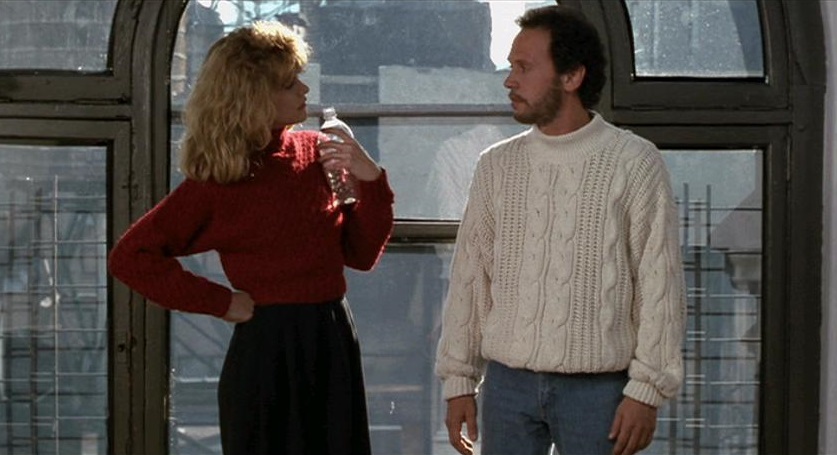
 |
| Photo © 1989 Columbia Pictures/Castle Rock Entertainment |
| Academy Award Nominations: | |
| Best Original Screenplay: Nora Ephron | |
| Golden Globe Nominations: | |
| Best Picture (Musical/Comedy) | |
| Best Director: Rob Reiner | |
| Best Actress (Musical/Comedy): Meg Ryan | |
| Best Actor (Musical/Comedy): Billy Crystal | |
| Best Screenplay: Nora Ephron | |
| Other Awards: | |
| British Academy Awards (BAFTAs): Best Original Screenplay | |
| Permalink | Home | 1989 | ABC | Blog |